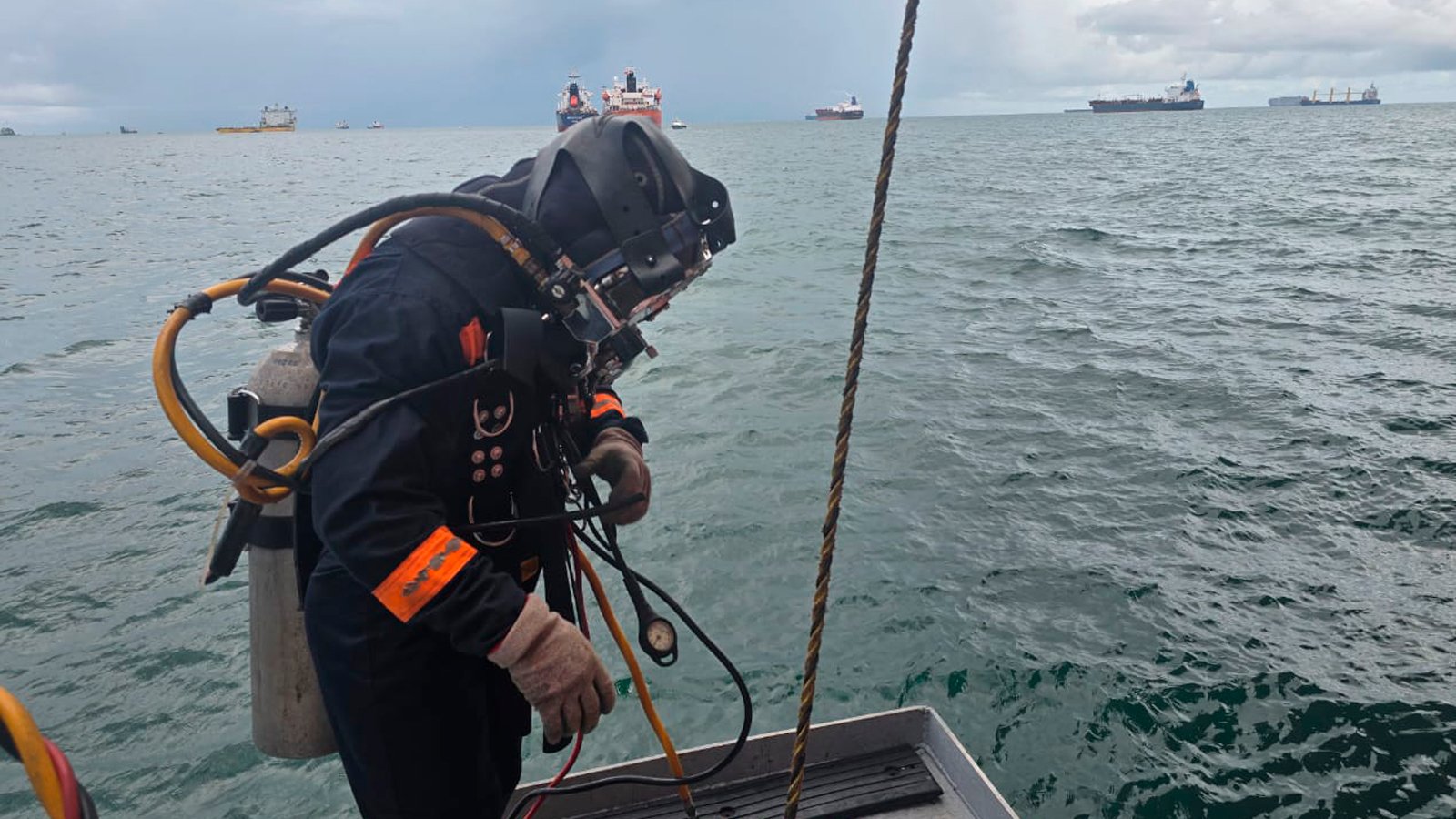How to Prepare Your Vessel for a Panama Canal Transit: Underwater Requirements
The Panama Canal is one of the most important shipping passages in the world. For vessels transiting the canal, compliance with the Panama Canal Authority’s (ACP) underwater standards is not optional—it’s essential. Inadequate preparation can lead to costly delays, rejections, and additional inspections. This article will guide you through the required underwater procedures to ensure a smooth canal transit.

Why Underwater Preparation Is Crucial
The ACP enforces strict policies regarding marine fouling, hull condition, and safety risks. Vessels with excessive hull fouling, damaged propellers, or blocked sea chests may be denied entry or required to undergo cleaning or repair before proceeding.
Key Underwater Requirements from the ACP
- Hull Condition: No excessive fouling, especially on the bow, rudder, and sea chests
- Propeller Readiness: No debris, fouling, or visible damage
- Rudder Functionality: Free movement without obstruction or corrosion buildup
- Anode Status: Corrosion protection must be active and intact
- Sea Chest Cleaning: Grates must be clean to ensure cooling and ballast flow
ACP Inspection Triggers
ACP may require an underwater inspection if:
- The vessel has not dry docked or cleaned its hull in the last 6 months
- There is suspicion of heavy fouling or mechanical issues
- The vessel was previously rejected for underwater non-compliance
Recommended Preparation Steps
1. Schedule a Pre-Transit Underwater Inspection
Aquadiver Panamá offers comprehensive inspections using divers and HD video cameras. We assess hull, propeller, rudder, and sea chests, providing full documentation you can submit to ACP ahead of time.
2. Perform Hull Cleaning If Needed
If marine growth is identified, we recommend performing hull cleaning at least 48–72 hours before scheduled transit. This reduces drag and ensures ACP compliance.
3. Polish the Propeller
A clean, smooth propeller enhances thrust and helps maintain canal maneuvering standards. Propeller polishing also improves fuel efficiency, which is critical during canal navigation.
4. Replace Anodes
Inspect and replace worn anodes to prevent corrosion during the long idle times vessels may experience while waiting at anchor in Panamanian ports.
What Aquadiver Panamá Provides
- ACP-standard inspection reports with video
- Emergency cleaning or propeller polishing with 24-hour notice
- Certified divers with bilingual reporting
- Service coverage across Balboa, Colón, and private terminals
Common Mistakes to Avoid
- Assuming previous cleaning is still valid
- Overlooking fouling on sea chests and intakes
- Failing to provide documentation to ACP
- Delaying service until arrival—slots are limited
Proper underwater preparation for the Panama Canal is the key to avoiding costly delays and ensuring a smooth transit. Don’t wait until ACP denies passage. Let Aquadiver Panamá help you comply with every underwater requirement. Contact us today to schedule your inspection or cleaning before your next canal entry.
